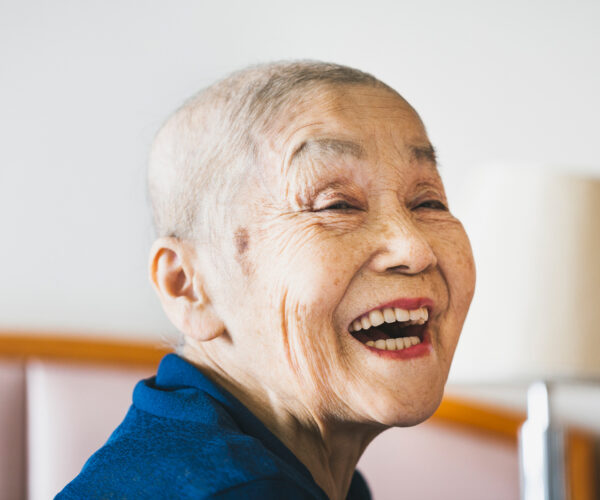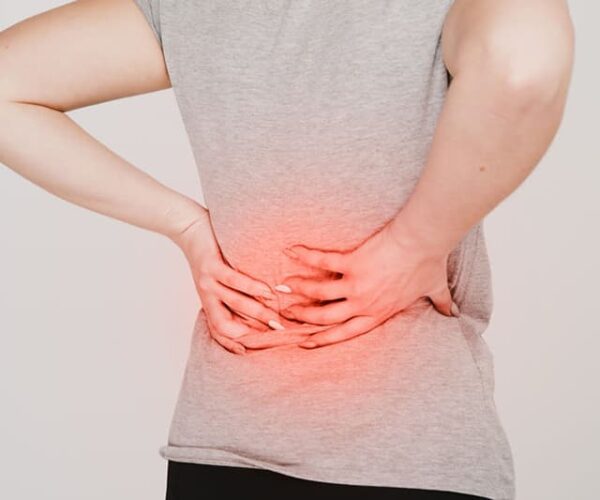Hair loss in the elderly affects both men and women as they get older. While genetics play a significant part, senior hair loss can be caused by illnesses or drugs, and treatments are available. Furthermore, hair loss can be an indication of a much deeper issue. As a result, you should consult your Liondale Medical doctor to rule out any unexpected problems.
An overview of senior hair loss
The rate of hair growth slows as a person matures. This occurs because the follicles do not allow for as rapid hair growth. By the late 60s, 80 percent of males have some significant balding or thinning. Elderly ladies are also impacted. The hair growth rate drops substantially after menopause. However, most women do not lose enough hair to make it visible.
Reasons for hair loss as you age
Here are a few possible causes of hair loss as you age.
- Hereditary traits: Hereditary qualities are attributes handed down from parents to offspring.
- Endocrine problems: Hormones are substances generated by endocrine glands and delivered into circulation. An imbalance arises when there is too much or too little of a hormone. Several endocrine diseases can cause hair loss.
- Thyroid issues: When your thyroid disrupts hormone production, it impacts other systems in your body. This involves hair growth at the root. Hair thinning may not be replaced by new growth. This can cause thinning on your scalp and other regions, including your brows.
- Reduced hormonal support: Male and female hormones both influence hair growth. Male hormones are classified as androgens, which include testosterone. Androgens promote facial and body hair development and fuller, thicker hair on the head.
- Nutritional deficiencies: A diet deficient in nutrients might result in hair loss.
- Menopause: Menopause is the period in a woman’s life when her menstrual cycle ceases. When this happens, the production of estrogen and progesterone is reduced. These hormones promote rapid growth and keep the hair on the head for longer. There is less hair when the hormone levels are low.
Hair loss therapy and prevention in older women
There are various drugs and supplements available to assist men and women slow down and manage hair loss. Women can benefit from the following treatment choices.
- Rogaine
Rogaine is also known as minoxidil, and researchers are still unsure why it works so effectively. What began as a blood pressure medicine has evolved into a topical treatment that promotes hair growth. It takes approximately two months to notice the effects, and you must continue to use it to protect your hair from falling out.
- Anti-androgens
These are drugs that inhibit androgen receptors. Although these drugs are less typically used for therapy, women who do not observe any effects from minoxidil may administer them.
- Hair transplant
The doctor will remove a little portion of the scalp to make grafts during this treatment. These grafts are made up of a few hairs implanted in balding regions. Within a few months, new hair will develop.
Hair changes are a normal component of the aging process. Various factors can cause hair loss in older men and women. If you’re concerned about hair loss or want to learn more about developing and maintaining healthy hair as you age, your doctor can assist you. Call Liondale Medical to schedule your consultation today to determine which hair loss procedures are ideal for you.




